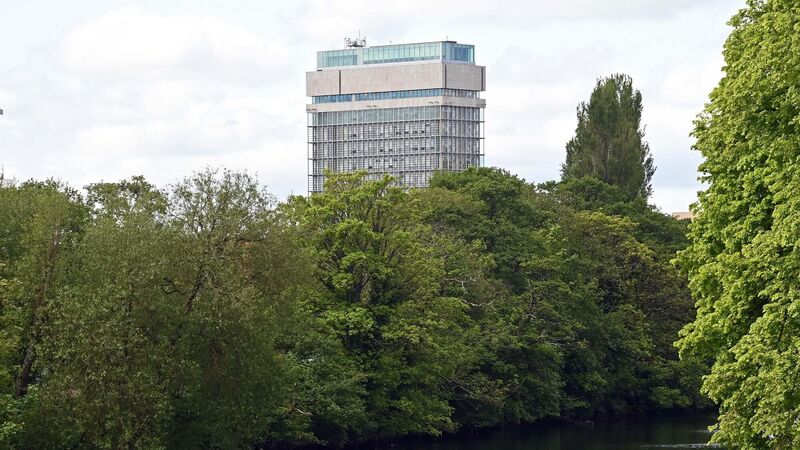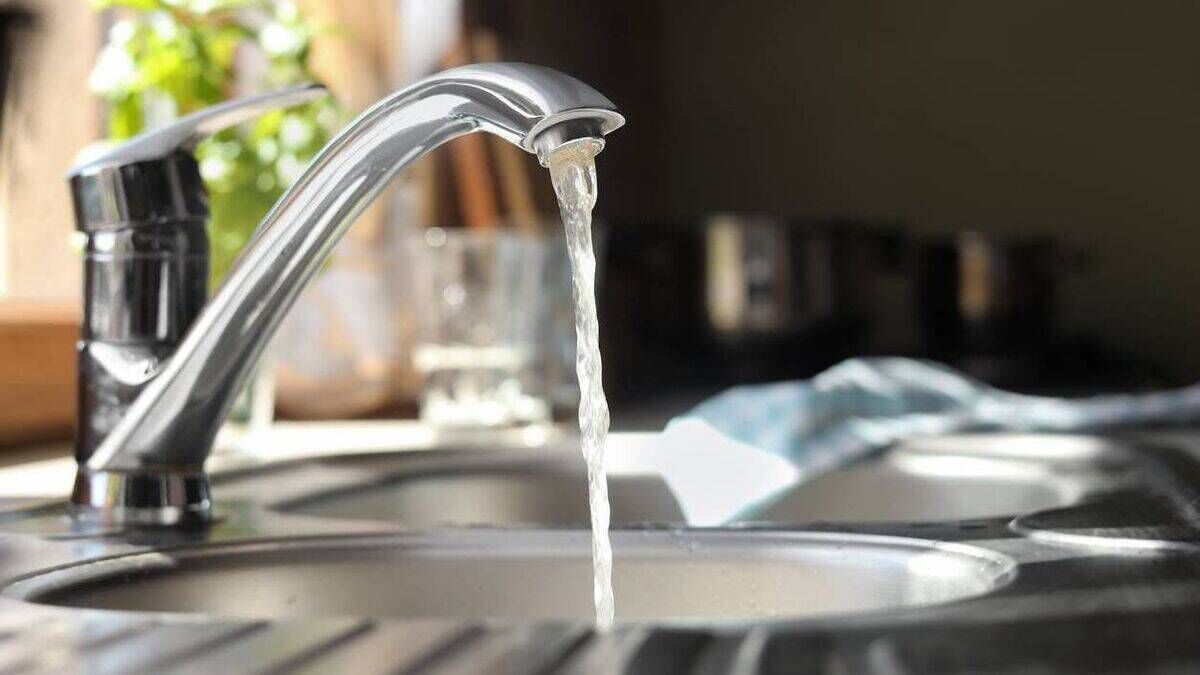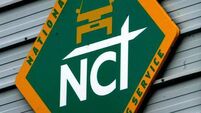Cork County Council paid out €9m to one person following a public liability claim in 2024

Cork County Hall. Picture Denis Minihane.
Cork city and county’s social housing stock both increased by just under 300 to 10,857 and 8,528 respectively at the end of the year.
Planning also makes up part of the report, for both housing and commercial developments, noting that 40 of Cork City Council and 146 county council planning decisions were appealed to An Comisiún Pleanála last year. The board agreed with the city council’s initial decision in 60% of cases, and the county council in 71.23%.
Cork city had the second-highest average unit cost of regional road strengthening at €81.56/m² and the third-highest average unit cost of local road strengthening at €68.08/m², behind just Dublin local authorities in both cases.
The NOAC measured how drinking water in private schemes complied with statutory requirements, and found that 98.53% were compliant in Cork city, and 95.21% in Cork county — the second-lowest in Ireland.

- The full report is available by following the link at https://www.noac.ie.







 App?
App?


